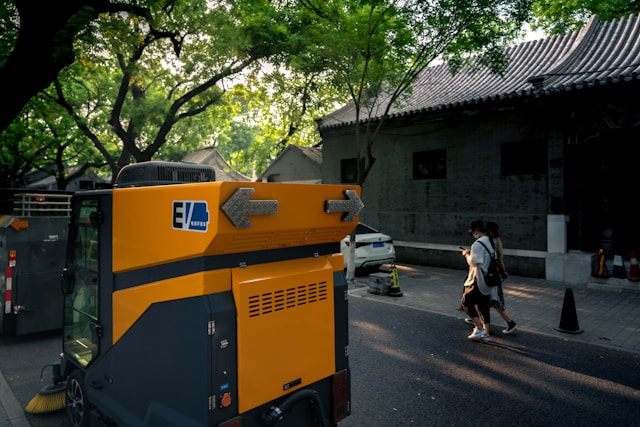Heavy power users told to ready gensets amid tight supply
The Department of Energy (DOE) has more measures up its sleeve to ensure sufficient electricity supply across the archipelago, currently sizzling in the middle of the dry months and made more difficult by the El Niño phenomenon.
The DOE issued an advisory enjoining power distributors nationwide to temporarily disconnect from the transmission grid in order to lessen its load during the power-hungry dry season. The agency is likewise crafting a policy for the equitable pricing of ancillary services or power reserves, which are necessary to ensure the uninterrupted transmission of electricity from power plants to electricity consumers.
The first, called the interruptible load program (ILP), is a voluntary and demand-side management program that allows big-load customers to use their generator sets to meet their electricity needs instead of linking to the power highway in the event of supply shortage.
The advisory signed by Energy Secretary Raphael Lotilla urged the National Grid Corp. of the Philippines (NGCP) and distribution utilities (DUs) “to be fully ready to activate and implement the ILP during the summer/dry season.”
The DOE also asked NGCP, which operates the country’s transmission backbone, and DUs to submit an updated list of ILP participants and the concerns and request for support, if any, for DUs that are new to carrying out this scheme.
“[The National Electrification Administration] is also enjoined to provide the necessary assistance to the electric cooperatives in the implementation of the ILP and the submission of the above information to the DOE,” the advisory dated April 1 read.
Seeking to attain security, reliability and affordability of power supply, the DOE is also soliciting inputs or suggestions from industry stakeholders to introduce the “causer pays” mechanism that will equitably distribute the costs for ancillary services among industry stakeholders, removing much of the burden from end-consumers.Ancillary services are basically power reserves, which are usually tapped to address the imbalance between supply and demand.
“It is [a] policy aiming to have a sharing of cost of reserve between generators and consumers, considering that reliability is affected by changes in supply and demand. Further to this, the policy is also designed to impose appropriate [ancillary service] cost to generators who cause the dispatch of contingency and dispatchable reserves,” said Luningning Baltazar, assistant director of the DOE’s Electric Power Industry Management Bureau.
Therefore, “generators who are frequently on outage will have a higher share of [ancillary service] cost as determined based on the formula …,” Baltazar said.Currently, all costs related to the use of ancillary services are imposed on customers. If the circular is approved, the costs would be divided among market participants in the Wholesale Electricity Spot Market.Stakeholders have until April 25 to submit their comments to the DOE. IN


















